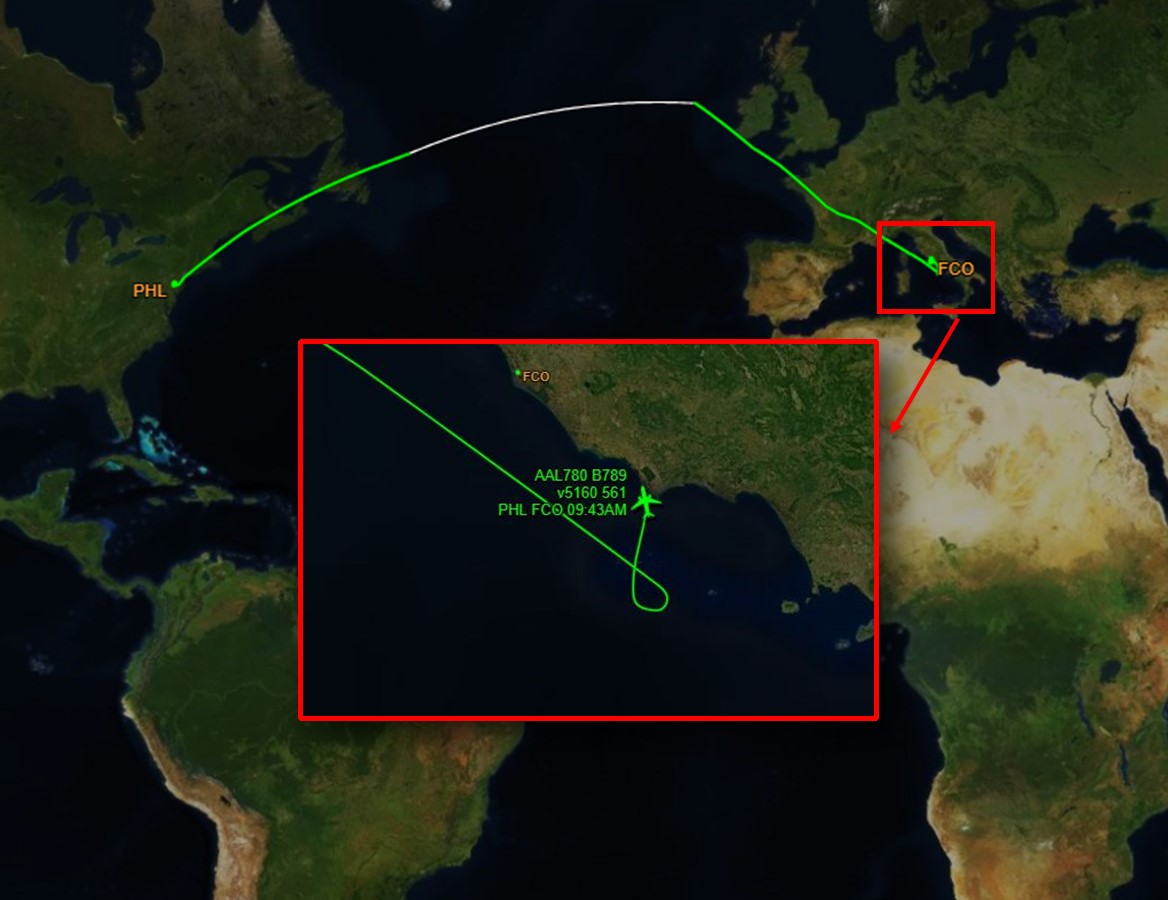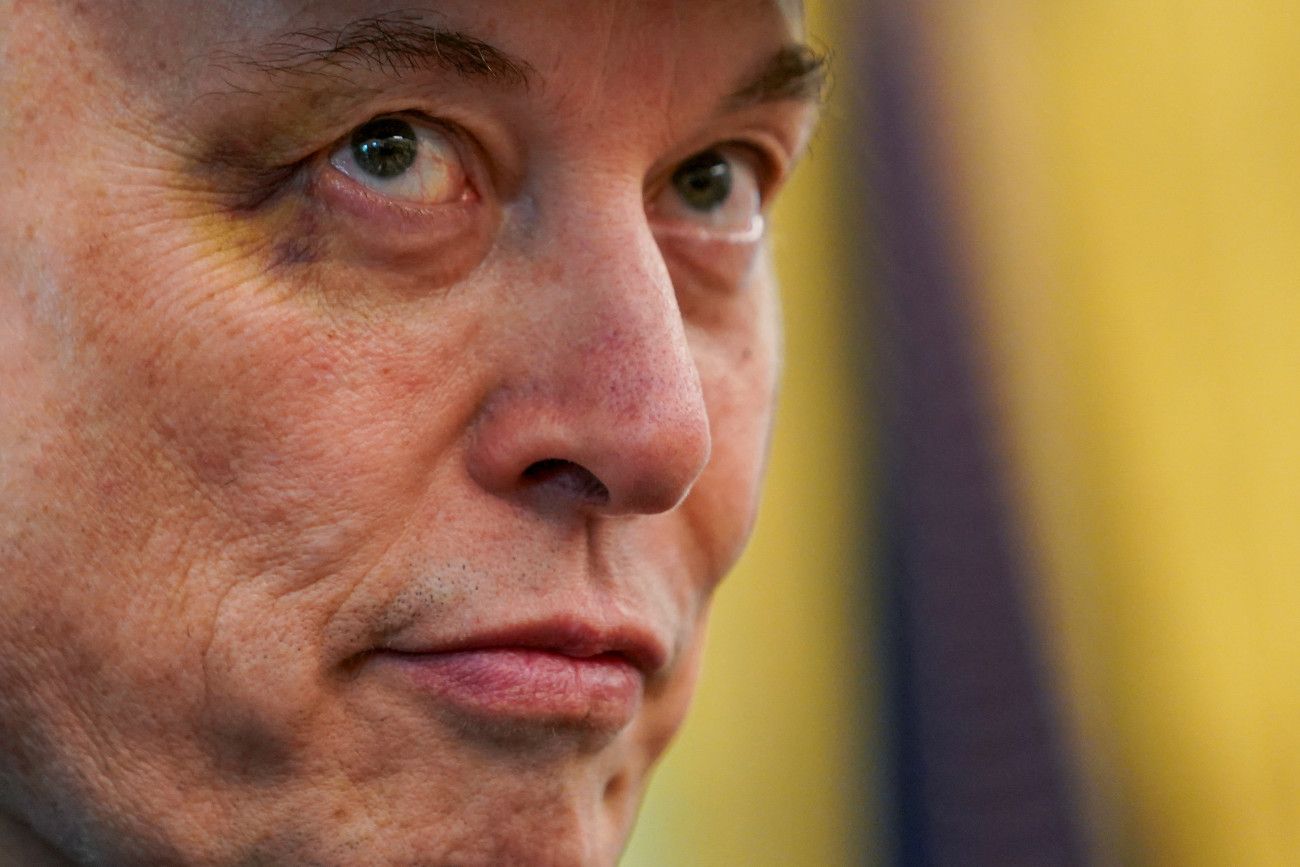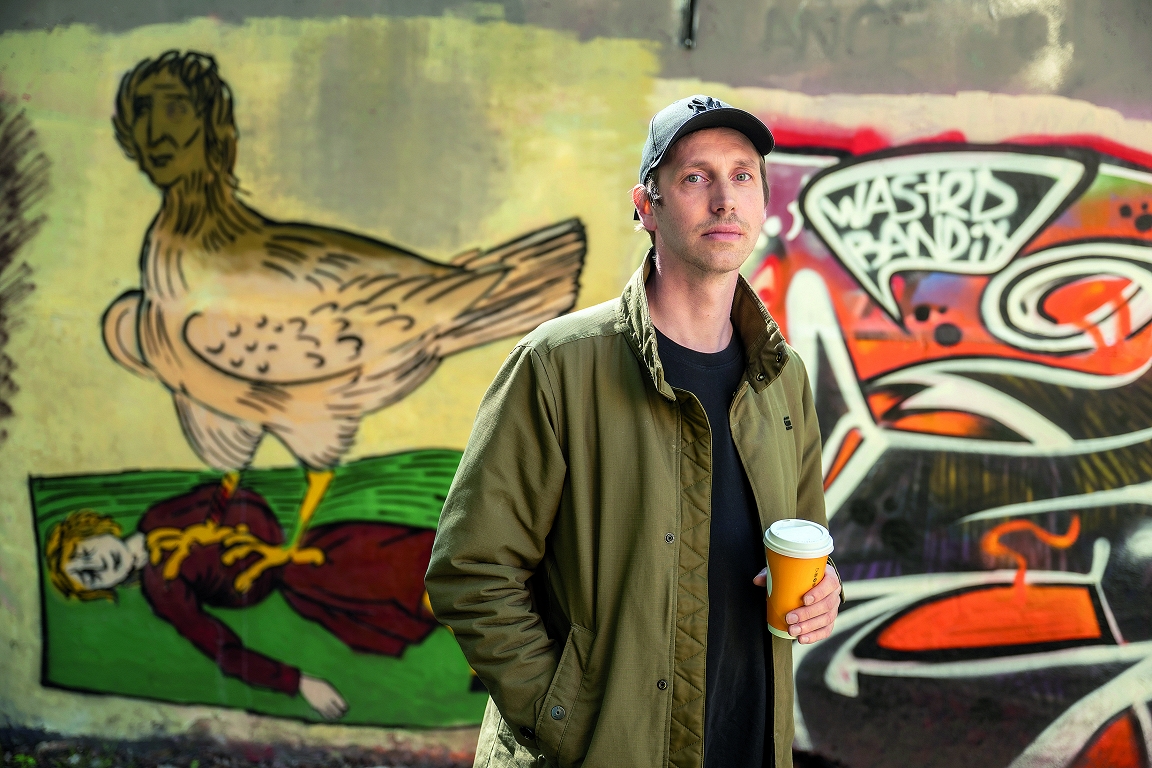Mereghetti’s report card: love, travel, pandemic. A story shot in twenty years (vote 7)

Director Jia Zhang-K shows in the « romantic generation » as China changed in the first quarter of the twenty-first century
Phe would also be entitled
Postcards from a recent pastthe latest film by the director of
Still Life
(2006), the Chinese Jia Zhang-K. And a postcard at a certain moment is there, the one that portrays the Former workers of a mine who gather on a steps as for pose: Too bad that behind the camera that should immortalize this moment there is no one.
A bit like this China, where nobody seems to want to keep the salient moments of one in memory epochal transformationnobody excluded Jia who does not want to forget the changes suffered by his land For twenty years now.
To do this he would have liked to direct a Road MovieThe Travel by car of a group of young people who crossed China from the north (the director lives near Datong, in the north of the country) to the south, to get to the island of Hainan, where once the opponents of the regime And that Xi Jinping would now like to transform into a game paradisea kind of new macao.
Then The pandemic has blocked the project And Jia had to change her plans, but not the goal, which remains to show how China changed in the first quarter of the twenty -first century.
To do it recovered images and scenes who had shot in the past, many starring the actress Zhao Tao (who is also her partner), and has reduced the journey – From Datong to the valley of the three gorges and return – but not the ambitionsbeing guided as always by his style choices, which are to show The effects of actions rather than the causes.
Also at risk of leave the viewer as suspended with his doubts and questions, for question it rather than reassure itand so push it towards land in which it was not never ventured.
It is no coincidence that the film begins with an all -female choir, where complicity goes hand in hand with pleasure and – are we exaggerating? – the joy of living. We are in 2001, China yes overlooks modernization Thanks to the opening of Jiang Zemin to the West (adherence to the World Trade Organization, WTO, it is the obvious proof) and all they hope to be able to take advantage of it.
Also Bin Guao (Li Zhubin) who leaves his wife Qiao Qiao (Zhao Tao) to make luck where the government intends to Building the largest dam in the worldthe one that will transform the area of the three gorges into an artificial lake. Forget More than a million Chinese To find another destination because their homes will have to finish under water.
And so, after time has passed as a former worker palace of the culture transformed into A whale for old peoplecomplete with Compliant dancersQiao Qiao decides to travel to find her husband.
Moves from one region to another but above all from one condition to anotheralong a China it has exulted for the conquest of the Olympics But who had to deal with corruption and deceptions, aggression and loneliness (The dialogues are also reduced to the bone, some captions is enough to make history go on).
A journey that is together geographical and existentialwhere the signs of the time that are noticed on the faces of the two protagonists go hand in hand with the signs that modernization Leave on China herself.
If until the meeting at the three gorges between husband and wife, Jia USA material shot in the pastthe last part of the film, with the return to Datong this time by Bin to find Qiao Qiao, was shot during the pandemic.
They see each other Vaccinations filespeople with masks and two protagonists deal with the signs of change they have radically modified the face of the country, whether it is a robot with which he tries to interlot the woman or the New idol of the Tiktoker that Bin discovers, an old man ready to ridicule yourself in front of a mobile phone Because that’s how it now earns.
And what once could be defined as one « Romantic generation » he finds himself dealing only with their wounds and defeats.
© RESERVED REPRODUCTION





